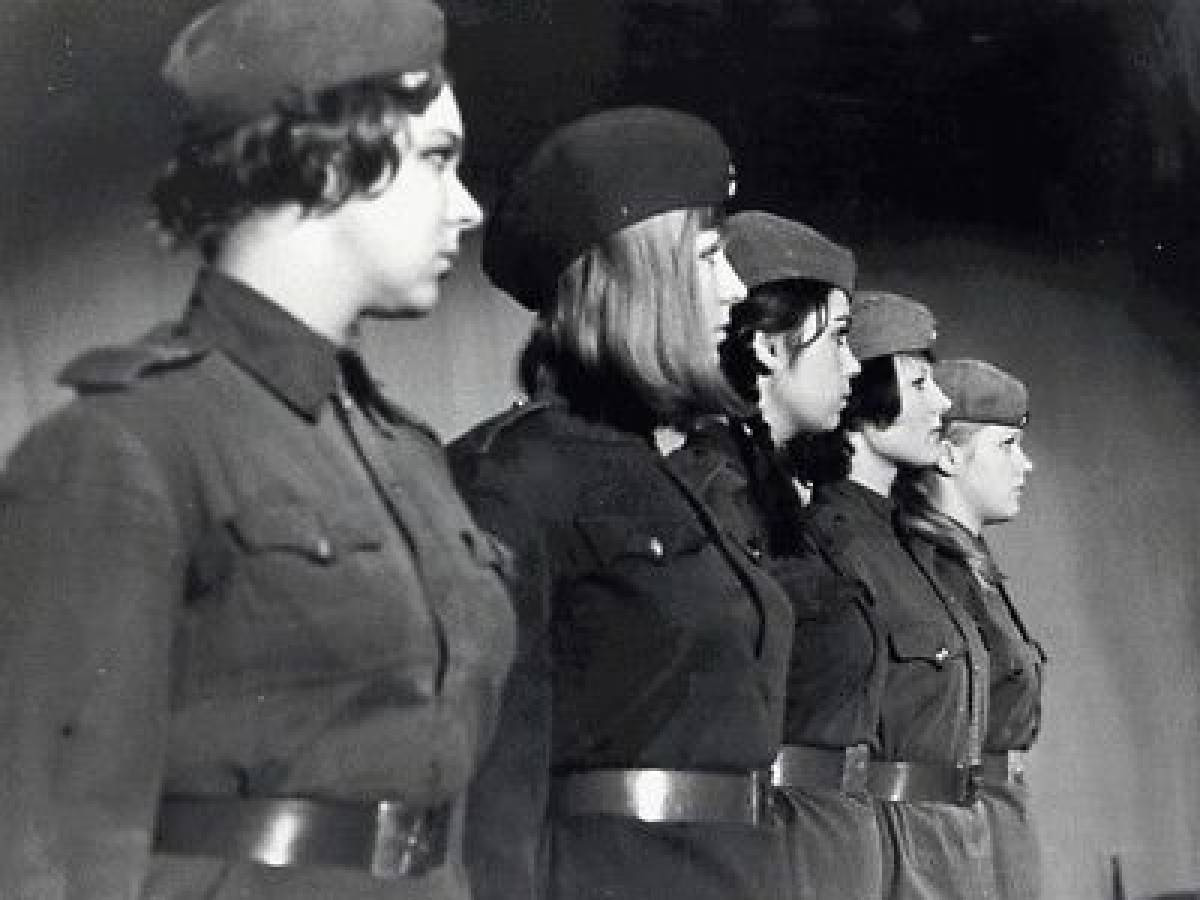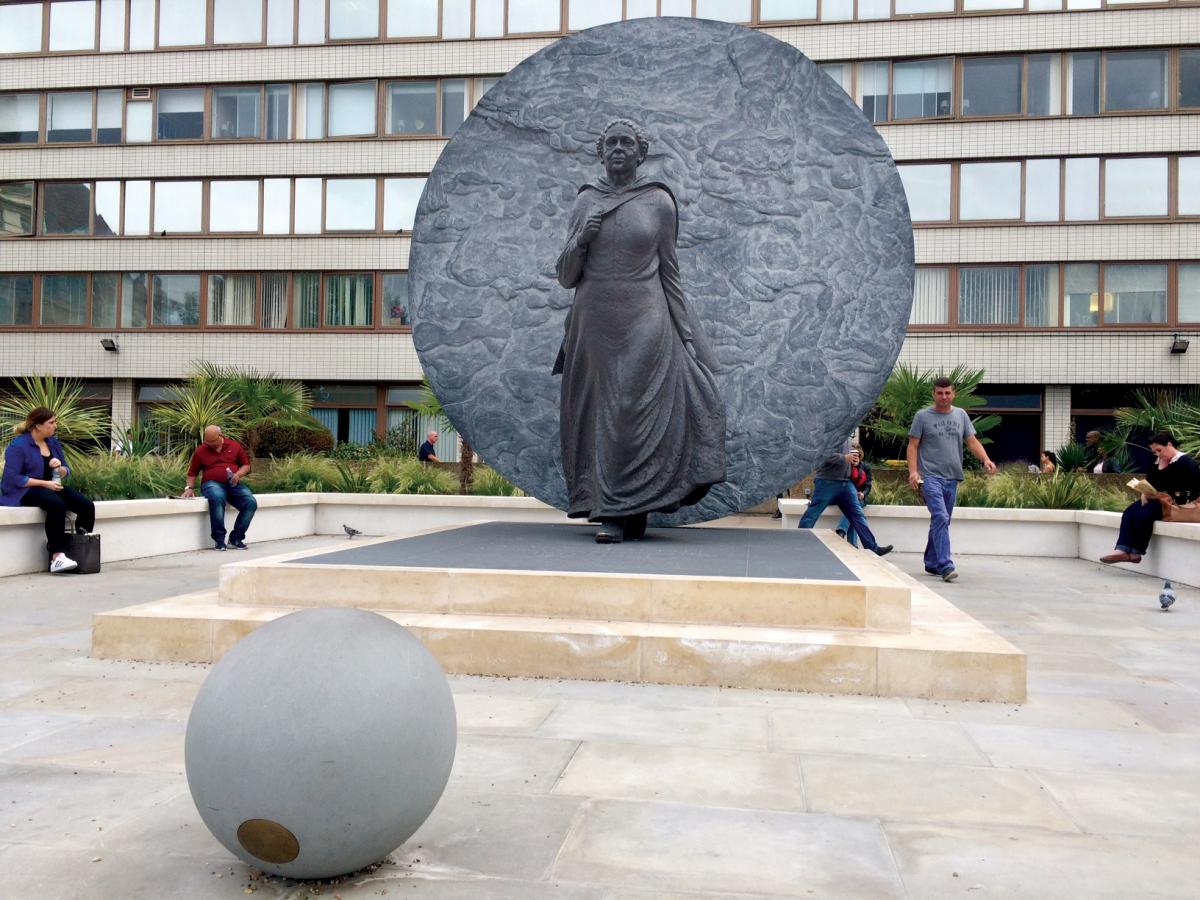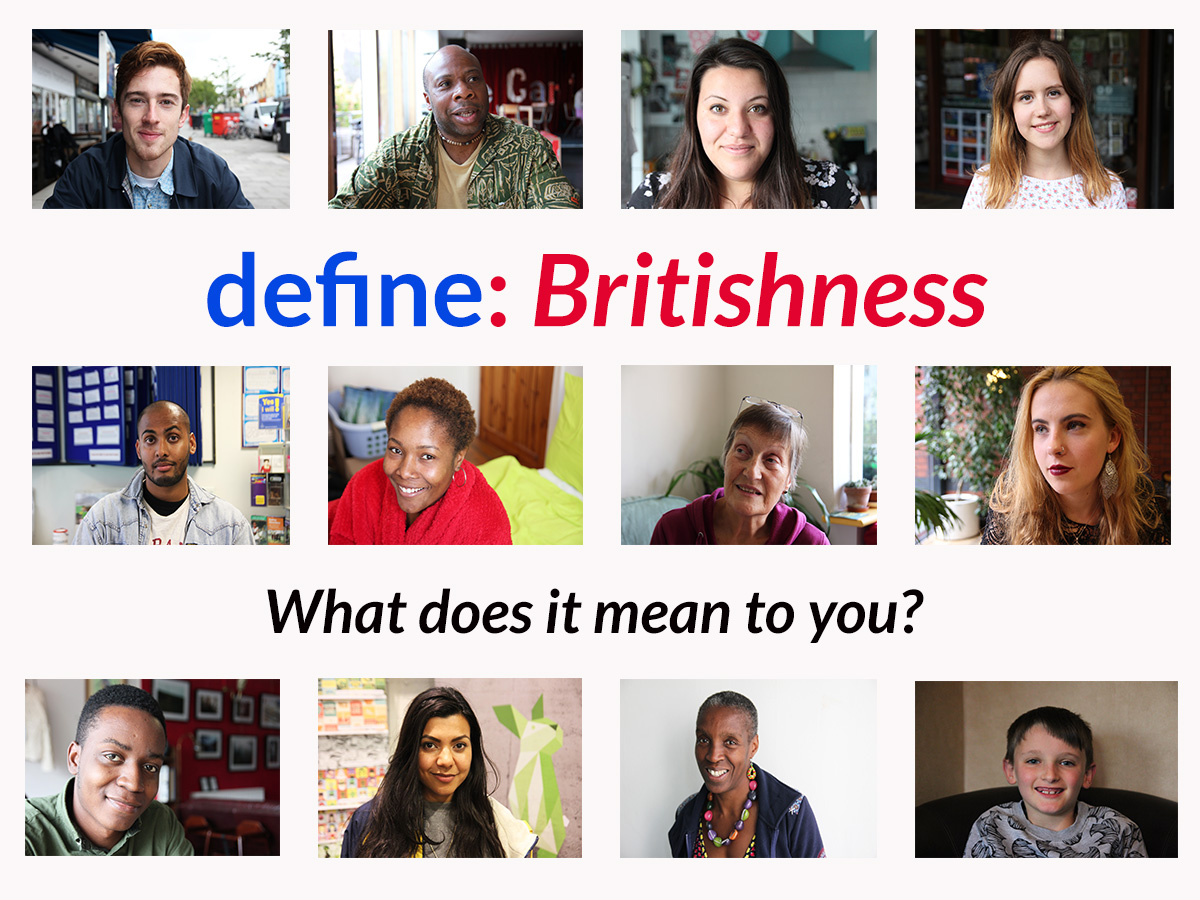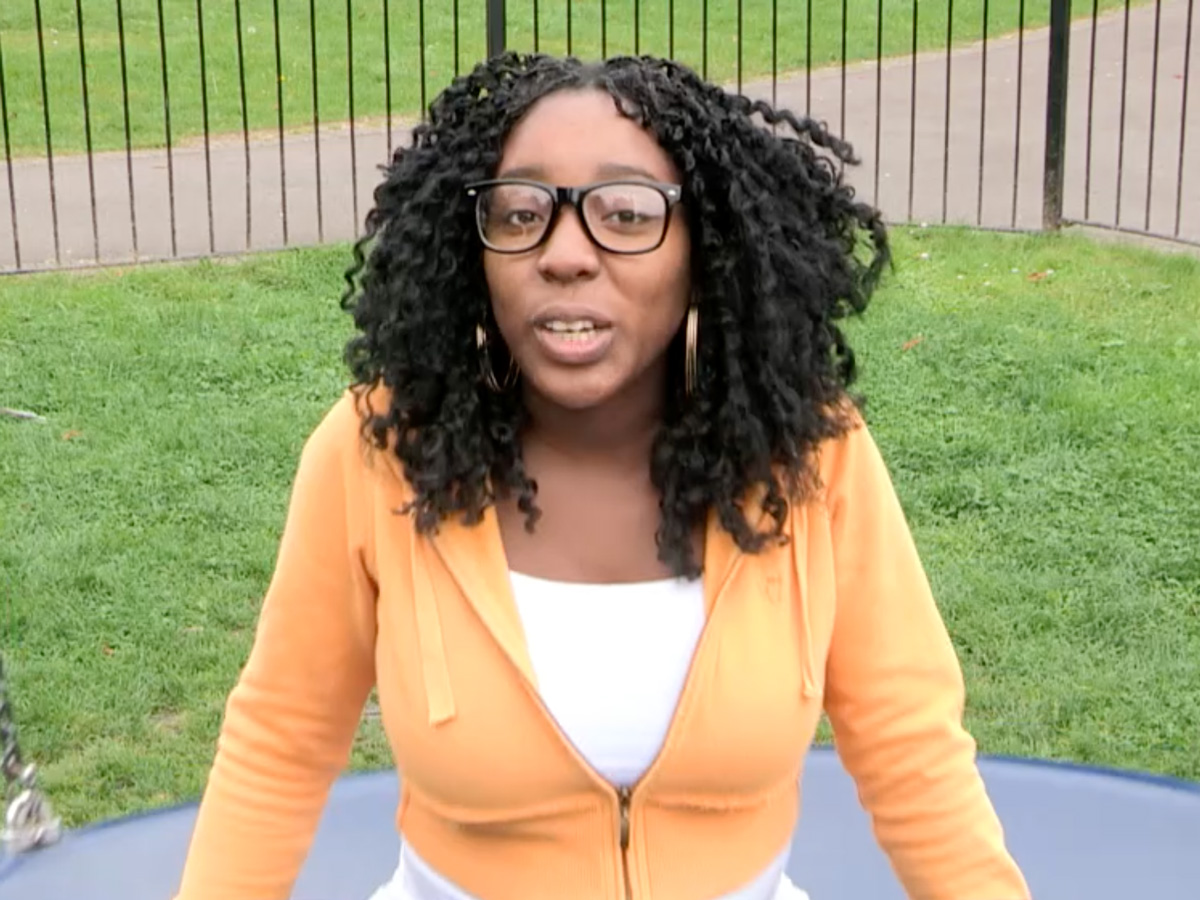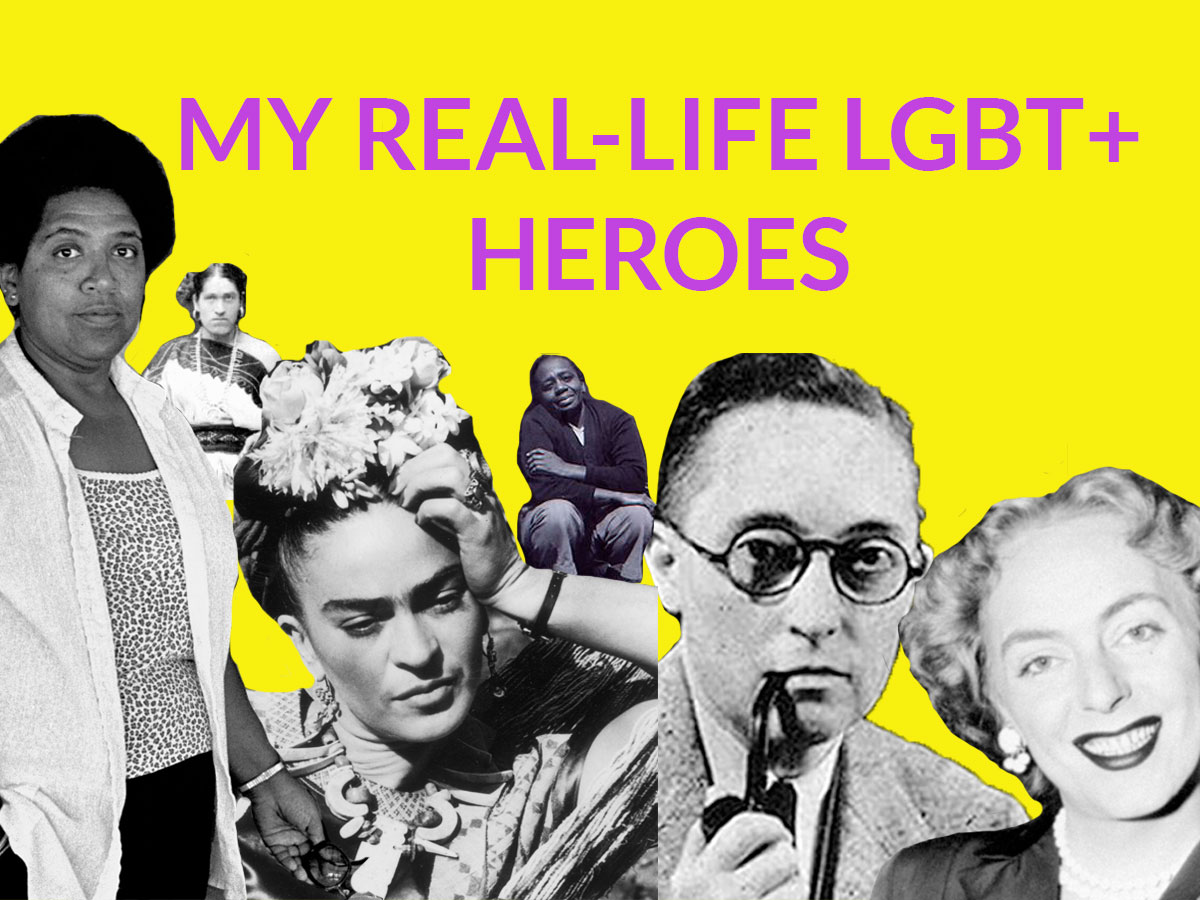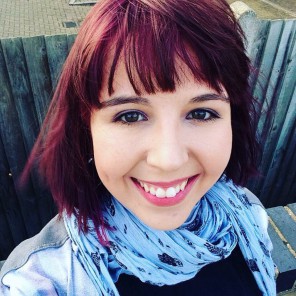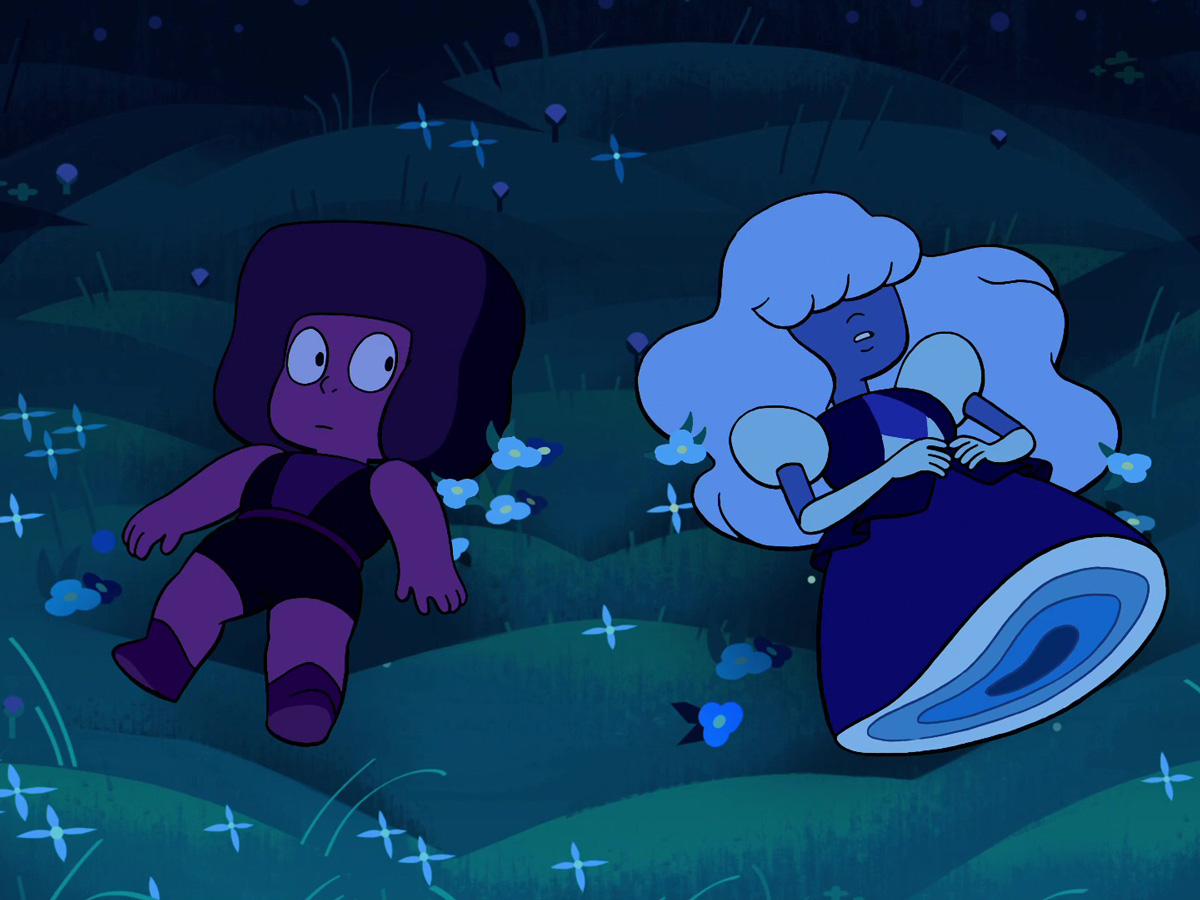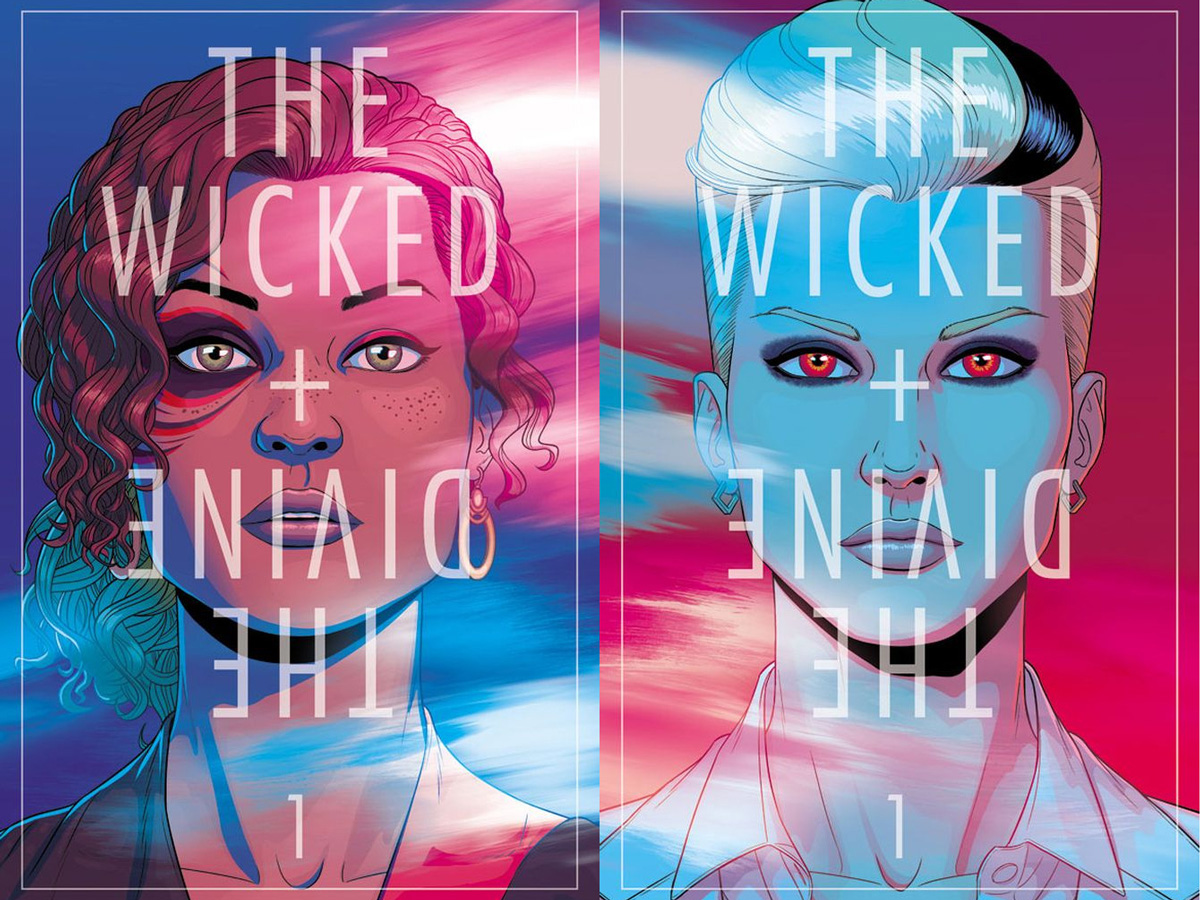Does Historical Censorship Hurt Our Young People?
Ella wants us to appreciate the diversity in our history, so these stories are not lost.
Obviously, these are household names.
As we all know, the first person to be offered the Archbishopric of Canterbury was St Adrian, a black man from North Africa who oversaw the establishment of the English church. Of course, Adrian is one man in a long line of notable black figures in European history: a line which includes Alessandro de’ Medici, ‘the black prince of Florence’ and Mary Seacole, the British hero who founded her own hospital in Turkey during the Crimean war
Obviously, these are household names.
Indeed, the names of prominent Black British individuals are as familiar to us, of course, as those of notable women in the history of Europe. For example, there are the Night Witches, the 588th all female regiment of Soviet fighter pilots who flew 30,000 missions over the course of four years during World War Two. Of course, we are familiar with these women, who played a significant part during the war. We are as familiar with these women as we are with one of Britain’s most beloved warrior queens, a queen so respected and admired that her people actively campaigned against having another king. You’ve probably guessed that I’m talking about Aethelflaed, the Mercian monarch-general who fought back Viking invasions from 911 until her death
Indeed, the names of prominent Black British individuals are as familiar to us…
As a matter of fact, talking about women and people of colour in British and European history is as clichéd as trying to name every major figure of the LGBT+ community who has contributed to the development of the Western world over the past 3,000 years. We could start, easily, with one of literature’s most famous heroes, Achilles, and his lover Patroclus. Or we could side step into the real, historical William Shakespeare, and the 126 sonnets he wrote to a man. We could talk about Queen Anne, and her lover Sarah Churchill. Or we could cast our glance to Scandinavia and look at the gender-fluid King Christina, referred to by both male and female pronouns at different times during their life, upon their request, and supposed by many to have been intersex
Unless you are living in a thriving alternate reality where Europe and the British Isles actively recognise and celebrate not only their current but their historical diversity, these names probably aren’t ringing any bells for you. In 2015 only 93.7% of the UK population identified themselves as heterosexual or straight; as of 2011, 14% of the UK population did not identify as white and there were 96.9 men per 100 women as of 2014
However, the National Curriculum has made no deliberate provision to address either the diversity of British history or its censorship by, primarily, white, heterosexual men up until the present day. Why is this a problem?
They do not exist here. They are not part of this history.
There is a form of discrimination called ‘micro invalidation’ which seems most relevant here. When we teach our young people: our young people who, as discussed above, are not all white, who are not all straight, who are not all men, that only straight white men do interesting, important things in history, what we are telling them is that they will not do anything interesting or important. Even if they do, we are telling them that we will not remember them. When we choose not to address the gap in representation that yawns between straight white men and everybody else in the British isles, we allow our young people to believe that their experiences, and indeed their very identities, are not valid here. They do not exist here. They are not part of this history.
This is damaging, in the writer’s opinion, to all parties. In the UK, we can see a worsening rate of mental illness among under-25s. Under-25s who are experiencing a rise in homophobic hate crime, racial hate crime and reported rape.
I do not think that improving the way we talk about the real, proven diversity of our heritage is the catch-all solution to eliminating hate crime and prejudice in Britain today. I do think that it couldn’t hurt. I do think that not doing it hurts people. There are real political parties in this country right now that claim that only white people should be citizens of the United Kingdom. I cannot help but wonder whether these parties would have such enthusiastic followings if their members had been taught from childhood that this is simply not true, nor has it ever been true.
[rife-guide-events]
There are real political parties in this country right now that claim that only white people should be citizens of the United Kingdom.
There are people in this country right now who said last year that they thought that the British Empire was a good thing. There are people who said they wanted it back. This is the same empire that caused millions to die of famine in British India, that invented concentration camps during the Boer war, which massacred thousands of civilians in Kenya. If we, as a community, can agree that genocide, torture, and mass murder are bad things, then why do half of our community want them back? Why do we think this bloody, cruel part of our history is something to be proud of? How is it that we live in a world that can use robots to take pictures of Pluto and yet the UN under-secretary general feels the need to say on live TV that the British suffer from “historical amnesia”?
How is this still happening?
Diversifying our history does not mean forfeiting our heritage. It does not mean erasing or denying it. I am not, and would not, advocate for the removal of straight white men from history. I simply believe that including the diverse range of people who actually lived and contributed to our society over the centuries in our history books could be a powerful thing.
How many transgender teenagers would find comfort in the fact that we think there were transgender Vikings? (As in “Hrolfs Saga Gautrekssonar”?) How many women would believe that even in medieval Ireland it was a crime punishable by law to shout derogatory and sexual terms at a woman on the street? How many black British Christians know that it was a black, African man who oversaw the establishment of the English church?
I don’t know. But then, I never get answers to questions that I don’t ask. So consider this my question: why not now?
Want a safe space to talk about LGBT+ issues? Why not try Freedom Youth
Who are your historical heroes? And what do they mean to you? Tell us in the comments below.

